According to Jerusalem Post, Israeli Defense Forces (IDF) captured several members of Hezbollah's Radwan Force unit, including a commander, following extensive negotiations that led to their surrender. The operation unfolded as the terrorists realized that IDF troops were preparing to enter the tunnel where they were hiding.
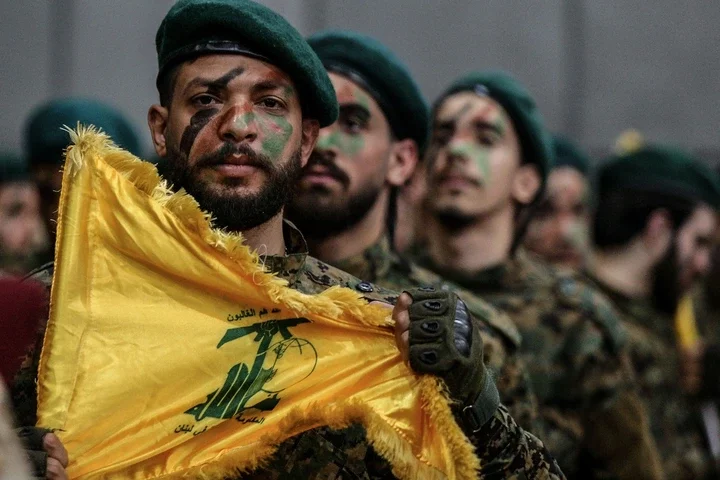
According to reports from KAN News, the IDF arrested Wadah Kamal Yunis, a commander of the Radwan unit, along with three additional Hezbollah operatives during the operation in southern Lebanon. Yunis, during his interrogation, revealed insights into the morale and motivations of Hezbollah fighters following the death of the group's leader, Hassan Nasrallah.
He stated, "Some of us joined Hezbollah because of the money we received, others ran in fear of the IDF," highlighting a stark division among members regarding their commitment to the militant group.
Yunis characterized many in the Radwan unit as "unbelievers, people without religion," suggesting that financial incentives played a significant role in their involvement with Hezbollah. He noted that after Nasrallah's killing, many members, including local commanders, fled rather than engage with Israeli forces.
This shift in allegiance appears to have disrupted planned retaliatory operations against Israel, as Yunis indicated that those who had previously committed to an attack on Israel's Galilee region ceased to show up.
The underground complex where Yunis and his associates were captured included lodging and storage facilities for weapons. The IDF had recently raided this network, uncovering a substantial cache intended for use by Hezbollah's Radwan members in potential operations against Israel. The infrastructure was strategically located beneath civilian homes in a Lebanese village, underscoring the complex dynamics of urban warfare.
Following the capture of Yunis and his men, Deputy Chief of Staff Major General Amir Baram assessed the situation on-site. He expressed pride in the IDF's efforts to dismantle Hezbollah's operational capabilities. "For years, Division 91 and the Northern Command have prepared for defense and containment against what Hezbollah called the 'conquest of the Galilee,'" Baram stated. He emphasized the importance of continuing "quality, meaningful operational actions" that would have lasting impacts on regional security.
This operation is part of a broader series of engagements where IDF forces have successfully apprehended Hezbollah militants hiding in tunnels. As tensions remain high along the border with Lebanon, these developments could signify a turning point in Israel's ongoing conflict with Hezbollah and its strategies for countering threats from militant groups operating in close proximity to civilian areas.

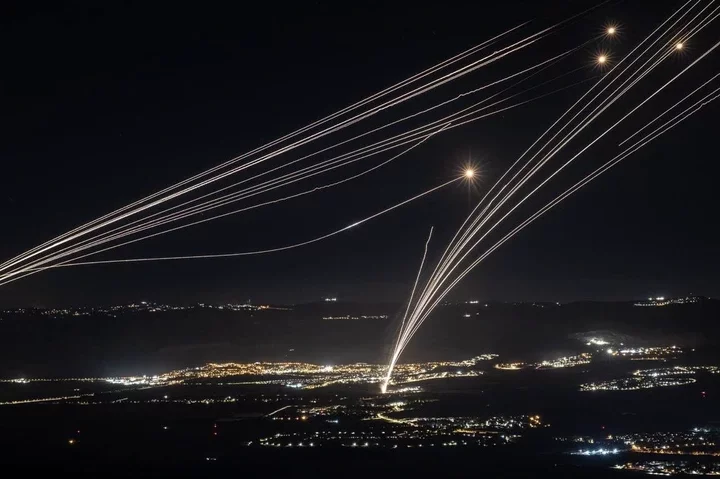

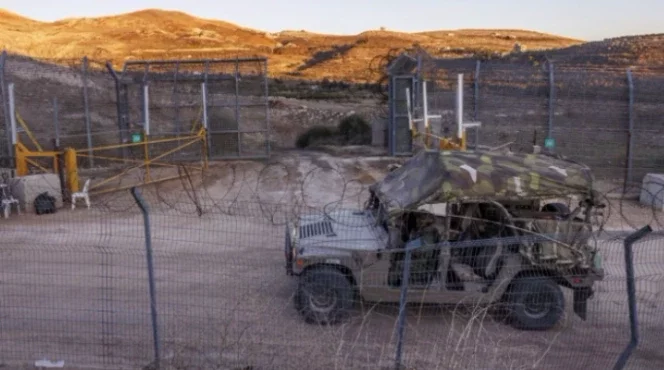
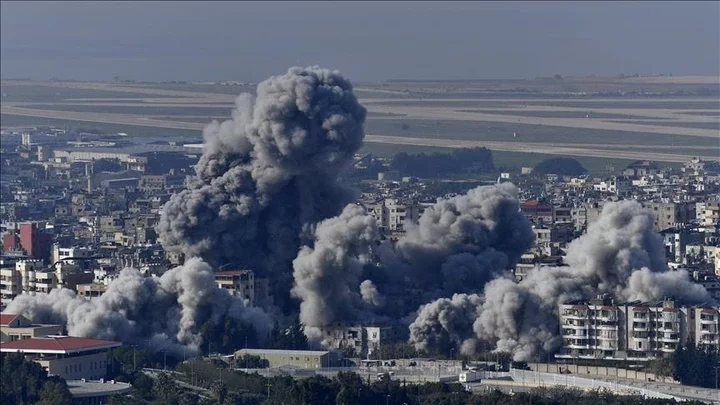
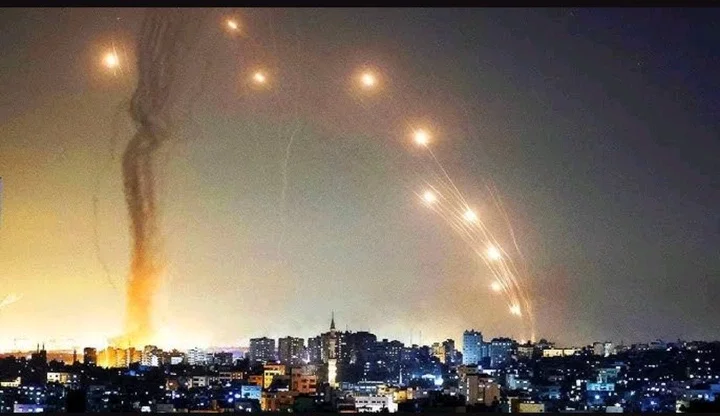
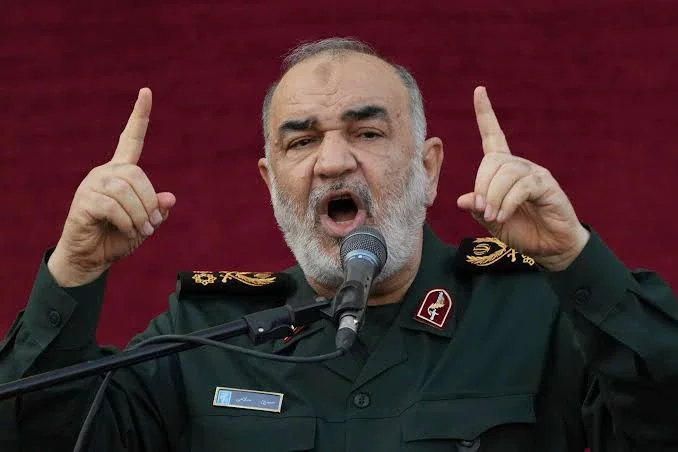
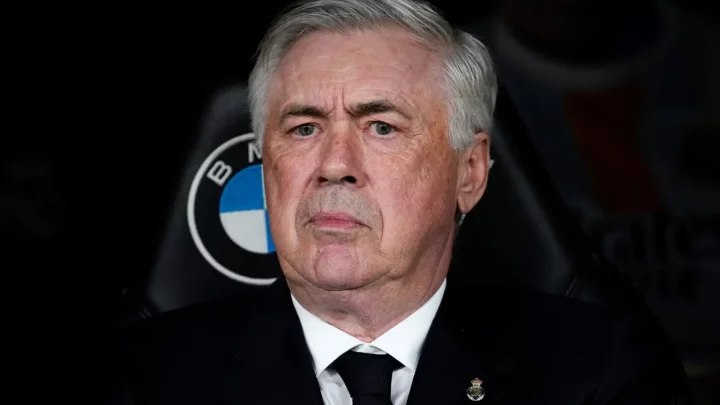
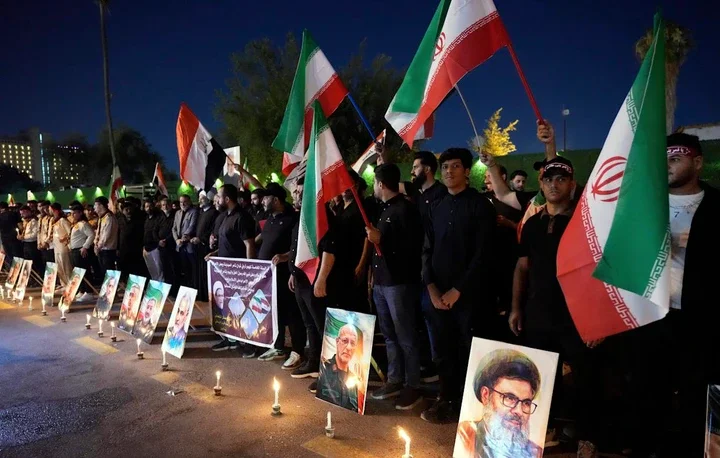

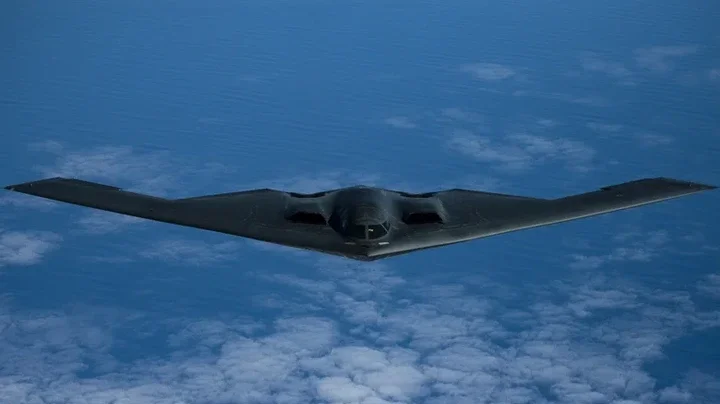


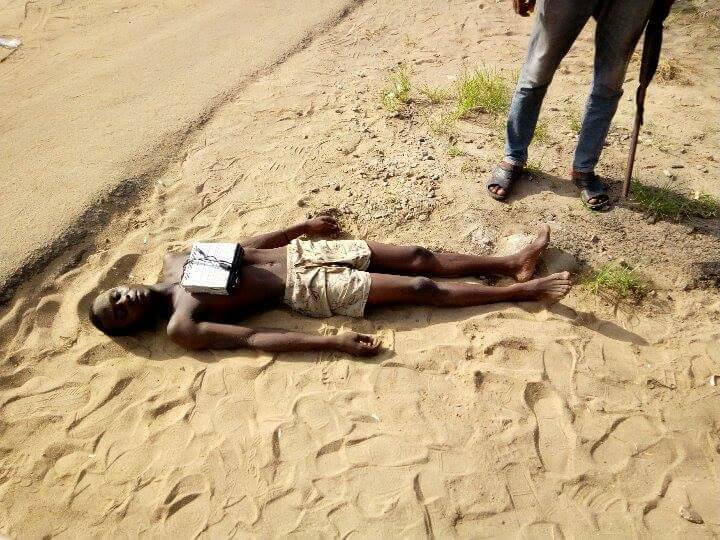
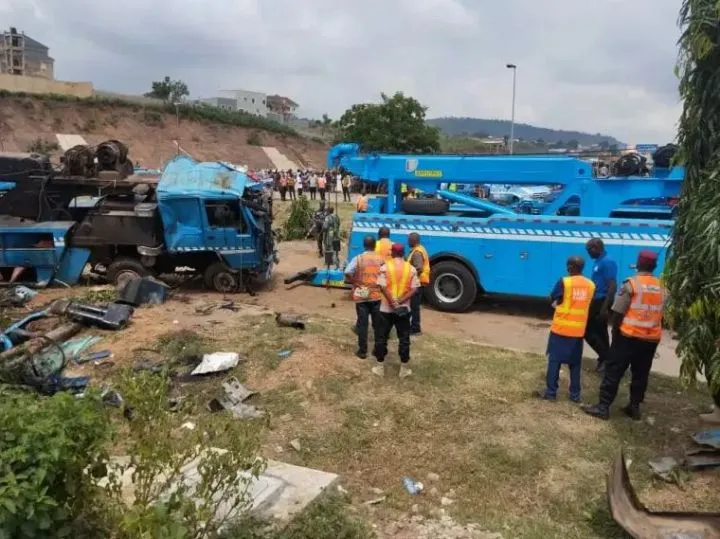


Comments